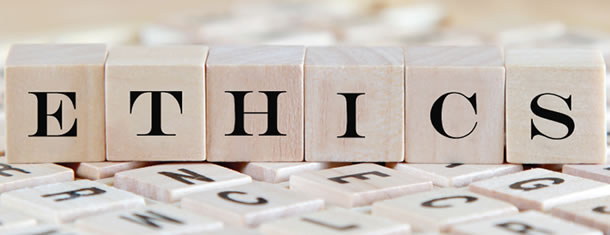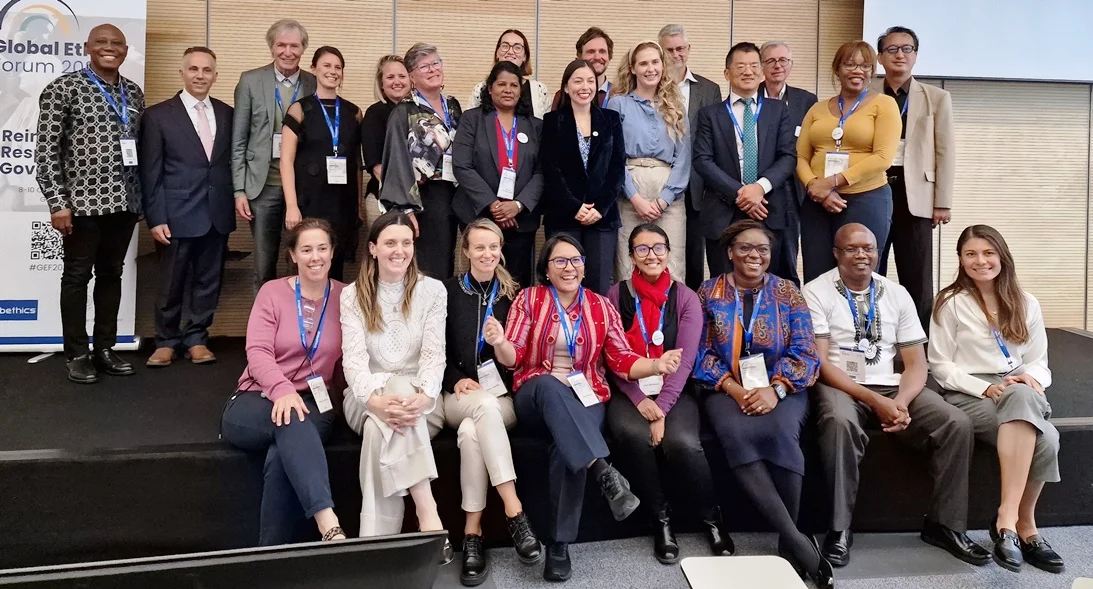
A Ghanaian government minister and education leader, Prof. Kwesi Yankah, has addressed a global gathering outside Geneva on promoting ethics in higher education saying they are vital for developing nations.
Yankah, the Minister of State at the Ministry of Education in charge of Tertiary Education in Ghana gave the keynote address on 4 June at the Globethics.net International Conference at the Château de Bossey, outside Geneva, Switzerland.
The theme of the conference at the Geneva-based ethics institution is "Managing and teaching ethics in higher education: Policies, skills and resources."
Yankah is a former principal at state and private universities in Ghana.
Prof. Dr Christoph Stückelberger, Founder and President of Globethics.net told conference participants at the opening session of 4-6 June conference, the president of Ghana had told him last year that Yankah in his education leadership role is "a key person in the fight against corruption".
Hindering development
The Ghanaian leader spoke about education in his own West African country and that in the whole continent. He said that two factors can hinder development, parents buying examination papers for the children and people getting degrees from fraudulent overseas institutions.
"There have been numerous cases of parents getting forged certificates," in Ghana said Yankah noting also that "I have seen 17-year-old girls sobbing in police cells for malpractices initiated by their parents," to buy allegedly leaked examination papers".
Such actions have a domino effect, he noted, shattering the integrity of educational institutions.
And when private universities or new universities are mentored by established institutions he said in the quest for "internationalisation, universities are fertile areas for academics of academic corruption across nations."
He said that several advantages brought on by internationalisation such as broadening the scope of institutions and promoting cross-cultural harmony, the enriching of social and cultural life and promoting diversity "can be eroded by a crisis of distrust based on the perceived deficit in integrity which can weaken or collapse or poison the value chain."
He said, "These have the potential of subverting the system o
f mobility and process of harmonisation of degrees and in developing economies like Africa these may nip infant institutions in the bud."
Stückelberger said that Globethics focus is now on ethics in higher education.
Keeping education ethics simple
"We are so diverse, and some people think it is so complicated and that we have to know about Aristotle and Kant and Ubuntu and all these concepts."
He said the day before he returned from Beijing in China and brought several sticks and a Daoism stick with all Daoist ethics on it.
He said there is a Confucianism stick for students. It has the whole of Confucianism ethics on one stick "and one can buy it in the airport".
"Confucianism is everywhere so ethics is not just found in Sunday school, it is in the airport" although it is 2,500 years old.
Then there is a stone in Teheran which is said to be the declaration of human right in the 6th century before Christ.
African and Asia have the own ethical teachings noted Stückelberger about ethics. "But let's make it simple."
Globethics.net Executive Director Prof. Dr Obiora Ike, a Nigerian academic said in his welcome address that the organisation he heads is the largest global digital provider on applied ethics.
"The world is in need of guiding ideas, a vision, to more effectively direct our intellectual, moral and scientific capabilities for world peace, global security, human dignity and social justice.
"Our world needs ethics, more ethics, and much more ethics.
"Only in ethics, with ethics and through ethical standards can we evoke evolutionary ideas that can spur our collective progress without the wake of destructive violence that threatens to undermine the huge but fragile political, social, financial and ecological infrastructures on which we depend and strive to build a better world."
He said the conference is held for scholars and practitioners to explore symptoms, their underlying causes, and the outdated theoretical concepts that unpin the present global dilemma "with a hope to give solutions through education."
Ike said the conference is showcasing with all its stakeholders – teachers, institutions, students, and professionals – its resources, tools and training for capacity building.
Education and sustainable development
"Can any sustainable development and progress be assumed for humanity if it is devoid of education, and come to reason on this, surely an education that has strong content in values and ethics that produce leaders that are values-driven?" he asked.
Ike cited some of the current challenges from a Cadmus publication including, "Bitcoin, blockchain, fake news, populism, the polarization of societies, growing poverty and disparity between those who have and those who do not have, the world financial crisis, the revival of Cold War tensions," and others.
"Taken together, we see institutional weakness in government, economy, traditional and religious institutions including the academia showing a growing lack of trust or respect by citizens for established authority and institutions around the globe," said Ike.
He said among the institution and person present were: Catholic University of Eastern Africa; the Tangaza University College in Kenya, the University of South Africa, Stellenbosch University, representatives of institutions of higher learning in Asia, from The Indonesian Consortium for Religious Studies and the India Dhamaram Vidya Kshetram; from China and Argentina; from the University of Nigeria Nsukka, the Godfrey Okoye University, The Peaceland College and other higher education institutions in Nigeria.




